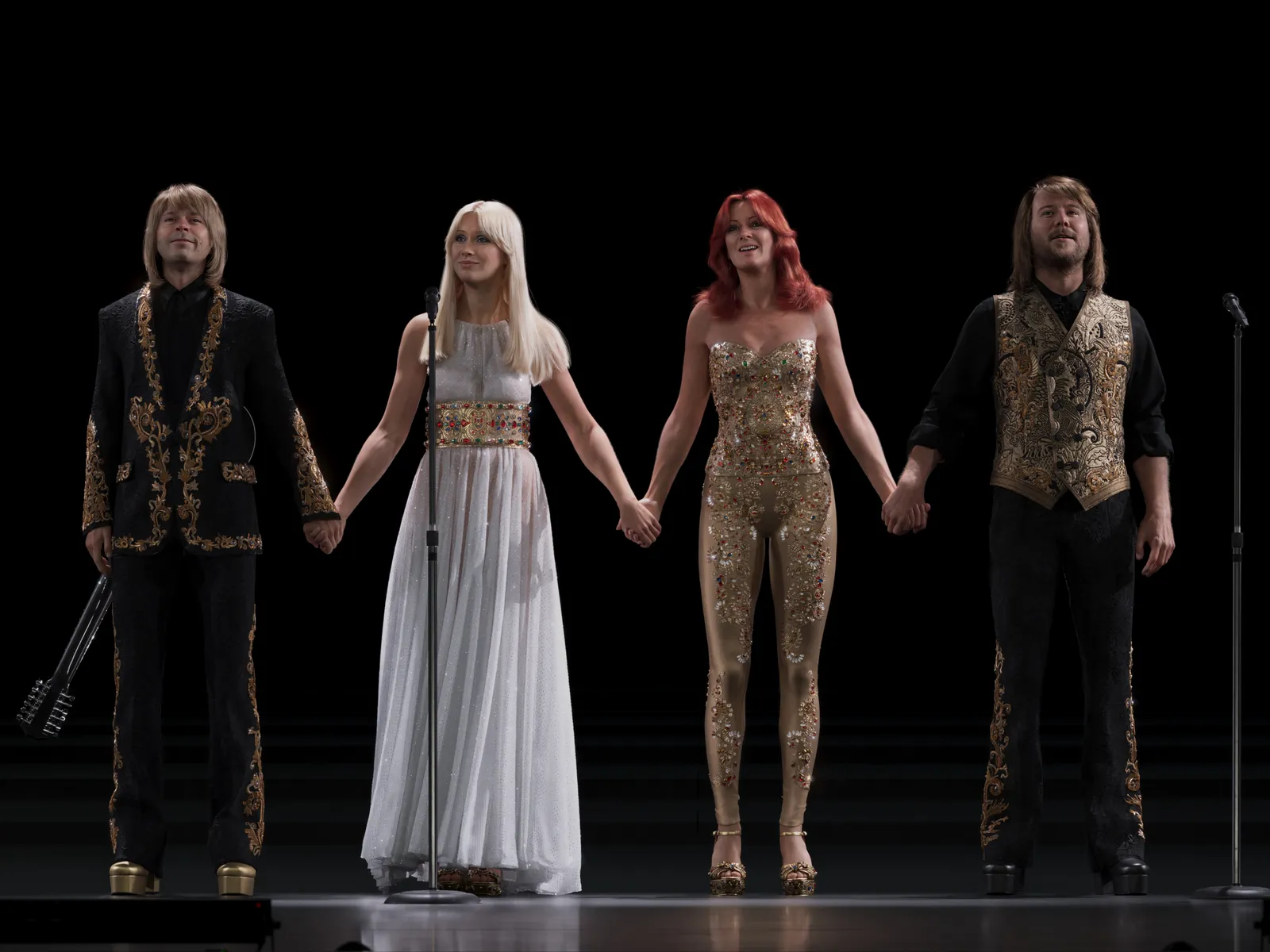Björn Ulvaeus thinks that the Abba Voyage technology is the future: “Our avatars will go on living after we are dead”
Hi-tech London show has now had more than a million visitors
Want all the hottest music and gear news, reviews, deals, features and more, direct to your inbox? Sign up here.
You are now subscribed
Your newsletter sign-up was successful
While many in the industry are pondering the potential impact of AI on the way music is made, Abba’s Björn Ulvaeus is still jazzed about the ability of avatars to disrupt the live performance space.
Specifically, he’s been discussing Voyage, the Abba show that’s currently in residence at a purpose-built arena at London’s Queen Elizabeth Park. Ulvaeus made his comments at the venue as he welcomed 20-year-old Josie Felix, the show’s millionth visitor.
Voyage opened in May 2022, and has had rave reviews. Featuring a 10-piece live band and accurately modelled 3D versions of the members of Abba - plus some smoke, mirrors and giant LEDs - the beauty of the show is that it can run for as long as people want to see it, with no need to worry about ageing, illness or inter-band disputes.

“Having lived with the technology and with the project for over five years it has kind of become like, well yes, that’s how the future looks, that’s what’s going to happen,” says Ulvaeus.
“Copies of ourselves, avatars, will go on living after we are dead, and that’s the way of the future.”
Despite this ringing endorsement, Ulvaeus admits that he wasn’t always confident that Voyage would be such a huge success.
“It’s been a long project, I was nervous up until the first preview with an audience,” he confirms. “But then when I saw it with an audience I knew it was working.”
Want all the hottest music and gear news, reviews, deals, features and more, direct to your inbox? Sign up here.
Of the huge demand for tickets for the show, Ulvaeus added: “I could never have dreamt it would be a million before the end of one year. That means it’s been almost chock-a-block full every night which is fabulous.”
Having seen the success of Voyage, it seems inevitable that other artists of a certain vintage will create similar shows. When asked about the potential for an avatar-enabled Rolling Stones experience in 2022, Mick Jagger told Apple Music Hits: “Obviously technology is going to give you some of the answers to this, and who knows what technology lies in store down the road? We’re already in an AI world of doing this stuff, and you can do a lot of musical stuff with not very complicated computerisation, as well.”

I’m the Deputy Editor of MusicRadar, having worked on the site since its launch in 2007. I previously spent eight years working on our sister magazine, Computer Music. I’ve been playing the piano, gigging in bands and failing to finish tracks at home for more than 30 years, 24 of which I’ve also spent writing about music and the ever-changing technology used to make it.